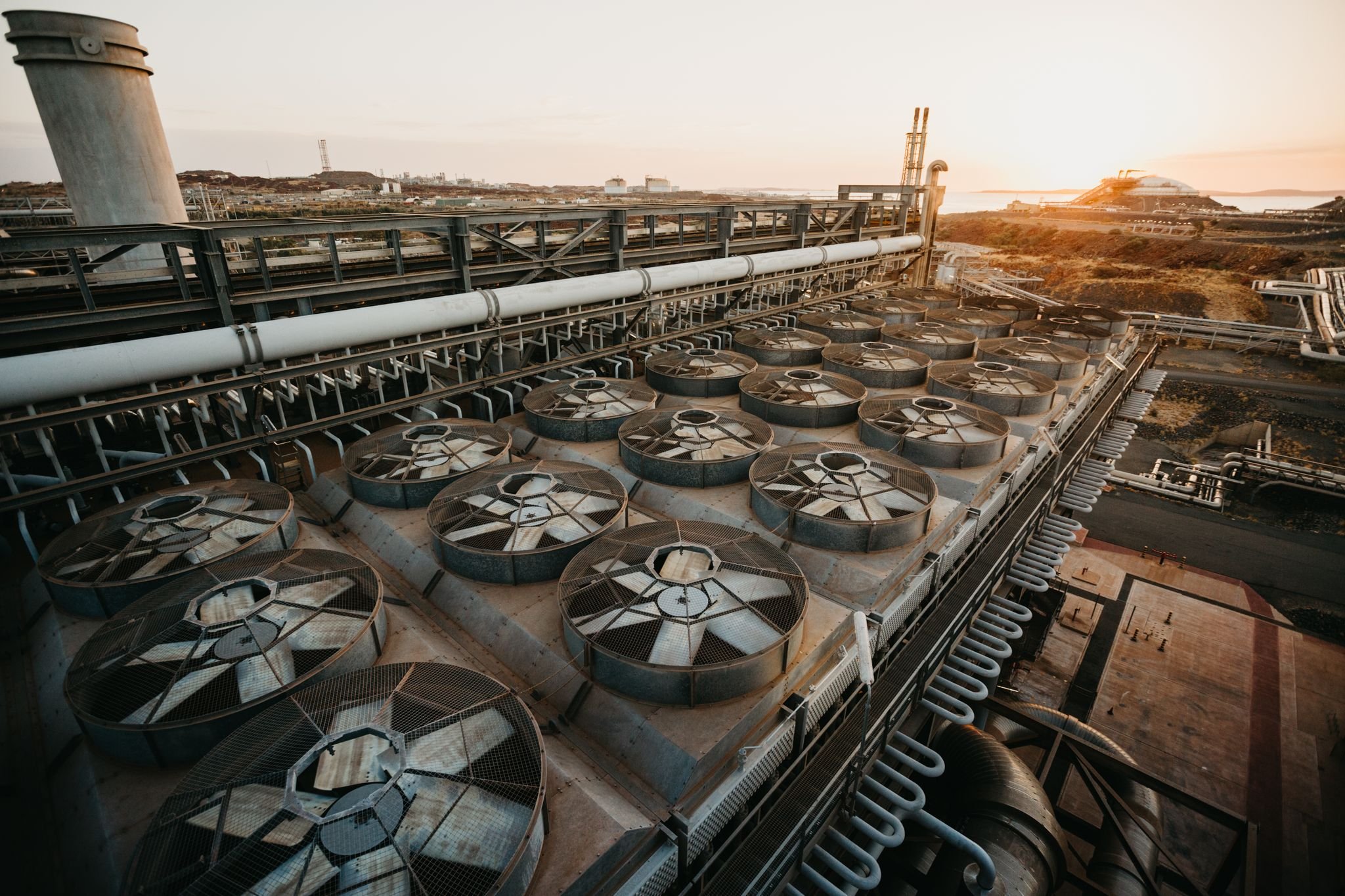GREENS MLC WARNS HYDROGEN HUB COULD EXTEND LIFE OF FOSSIL FUELS
BY CASSIE ARIUU, TANGIORA HINAKI, AND GERARD MAZZA
Woodside’s Karratha Gas Plant. Credit: Supplied, Woodside.
Western Australia’s sole Greens parliamentarian has said hydrogen produced at new developments in the state should be made from renewable energy, rather than fossil fuels.
“If we’re serious about climate action, there’s only one kind of hydrogen we should even be contemplating, and that should be green hydrogen,” Greens MLC Dr Brad Pettit told Ngaarda Media.
This week, state and federal governments announced they would provide $70 million each to develop a Pilbara Hydrogen Hub for production and export of the resource.
Federal Climate and Energy Minister Chris Bowen said hydrogen was “renewable” and the new investment would help the world decarbonise, however there are different ways to produce hydrogen, some of which are more polluting than others.
‘Green hydrogen’ is made from renewables, while ‘blue hydrogen’ is primarily made from natural gas, which is a fossil fuel.
Mr Bowen told Ngaarda Media he expected green hydrogen to “be dominant” in the governments’ new hydrogen plans, but resources companies could submit bids to develop blue hydrogen projects as part of the Hydrogen Hub.
Dr Pettitt said there were no requirements that the Pilbara Hydrogen Hub developments would primarily be green hydrogen.
“What we’ve seen, sadly, from many of our big gas producers in this state, is that they absolutely want these facilities which will largely be creating blue hydrogen, because green hydrogen … is so far more expensive to create than blue hydrogen,” he said.
“Unless we put the right regulations in place, there is a real danger that what we’re going to end up with is a lot more polluting blue hydrogen, and green hydrogen merely small amounts, just so we can greenwash these projects.”
Mr Bowen said only bids for blue hydrogen projects with rigorous requirements for carbon pollution to be captured and stored would be considered.
“It will need to be a very solid and proven process for them to do that,” he said.
Dr Pettitt said carbon capture and storage had so far proved unsuccessful, pointing to Chevron’s Gorgon carbon capture and storage project in the Pilbara, which has only managed to capture around a third of the pollution it was designed to.
“We are sadly seeing things like these hydrogen plants, things like carbon capture and storage, actually being used to extend the life of fossil fuels, and that’s terrible for our climate, and terrible for our environment,” he said.
Listen to the full interview with Dr Brad Pettitt:

